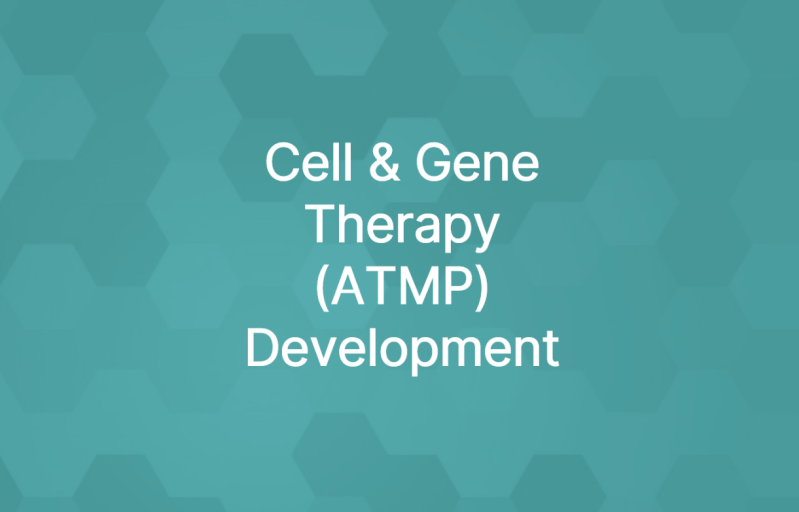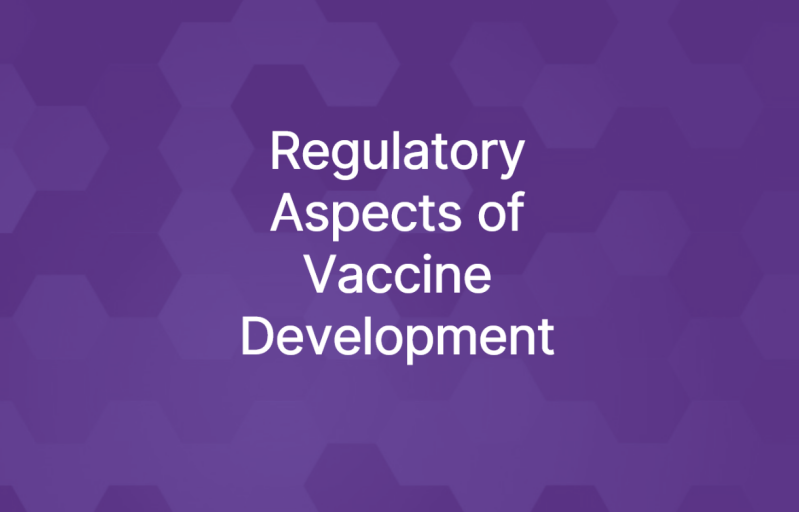WHO IS IT FOR?
This course is designed for researchers and students in medicine and health-related research fields, as well as healthcare professionals wanting to further their knowledge of translational research in rare diseases. It is also suitable for biotech and start-up developers and Patients Advocacy Organisation representatives who want to increase their understanding of current practices in therapeutic developments for rare diseases.
How does the course work?
This is a free, self-paced online course, however registration for our e-learning platform is required. The course consists of a variety of different content types, including text, images, videos, and quizzes. It has an average study time of 3 hours per week for 5 weeks. The course is available on Future Learn and so requires registration for the Future Learn platform.
WHAT WILL YOU LEARN?
In this online self-paced course, you will be introduced to the issues, challenges, and opportunities in translating research into treatments for rare disease patients, including:
- Getting into translational medicine
- How to move from bench to preclinical studies
- Preclinical models for rare diseases
- Clinical trials: for and with rare disease patients
- What happens after a clinical trial?
By the end of the course, you will be able to:
-
Report how new therapeutic targets are identified
-
Explain what is meant by hit identification and leads optimisation
-
Summarise the concept of drug repurposing and why it is particularly relevant in the field of rare diseases
-
Describe what preclinical model systems are and why they are used to study rare diseases and to develop therapeutic approaches
-
Summarise the concept of “3Rs” and the ethical aspects of using animals for therapy development
-
Report how clinical trials are conducted and sponsored
-
Debate the specific challenges of clinical trials for rare diseases
-
Describe the role of regulatory agencies and the regulatory framework to develop a treatment for rare diseases
-
Discuss why the implication of patients is key in each phase of the therapeutic development, especially in the field of rare diseases
-
Explain the concepts of data use and data sharing
ACCESS THE COURSE
NEED HELP?
If you need any help accessing the course, please email training@eatris.eu.
FUNDING
This course was developed by the Foundation for Rare Diseases as part of a series of courses on rare diseases research topics within the context of the European Joint Programme on Rare Diseases. The European Joint Programme on Rare Diseases is an initiative that has received funding from the European Union’s Horizon 2020 research and innovation programme under grant agreement N825575.


















